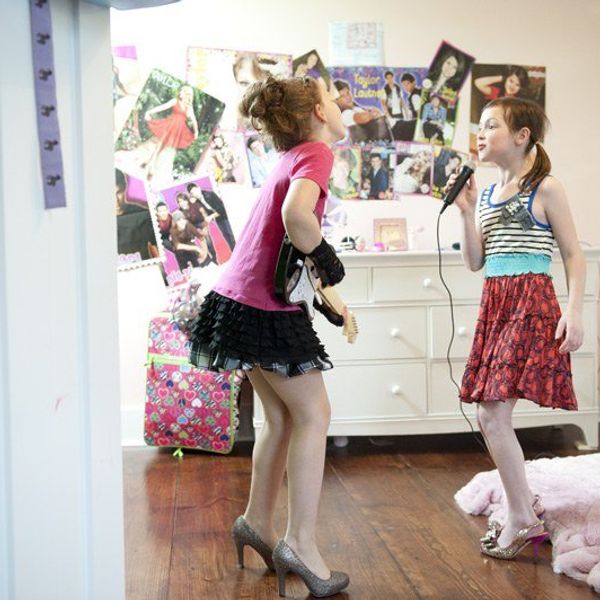Upon purchasing my ticket to "Fifty Shades Darker" and getting myself comfortable in the fifth row down, third seat in, not too close but close enough to see Jamie Dornan’s perfect body, I was well aware that I was not going to be watching an Oscar-winning film. Having watched the first movie in the trilogy as well as having previously read all of the books, I knew what to expect. And boy, was I not wrong; there was absolutely no shortage of sex and handcuffs throughout the duration of the 1 hour and 58-minute film. But, I will say, I was beyond surprised by the few short and sparing scenes of subtle feminism.
Following its release, "Fifty Shades Darker" has been subjected to much criticism, mostly for the fact that it romanticizes sadism as well as glorifies the actions of submissive women. The film has prompted important conversations about rape culture and consent, but I feel as though the common conversations that have been provoked fail to discuss the fact that there are some scenes that are pro-women.
Unlike "Fifty Shades of Grey", where there was an obvious and overwhelming void of feminism, in the second installment writers gave the main character, Anastasia Steele, much more control and even put her desires above Mr. Grey's. For example, in the film's first sex scene, as Ana and Christian passionately embrace, Ana tells Christian to perform oral sex on her. Happily, he complies with Ana's wishes. Due to the fact that the plot of the movie revolves around the idea of women being submissive to men, it was surprising to a see the aforementioned. Later in the movie, Christian once again pleasures Ana, subtly showing audiences that women are not just objects of pleasure but can be pleasured as well.
Another muted example of feminism in the film presents itself much later when Jack, Ana's boss, is physically constraining her and threatening to perform sexual acts without consent. I would be lying if I said I expected Ana to get out of the situation herself. I whole-heartedly believed that Christian Grey would somehow come to her rescue. But instead, Ana fought her way out of the situation by kicking her boss in the groin and running out of the door.
Of course, I am not saying that "50 Shades Darker" represents the pinnacle of movies regarding feminist ideals, but I am saying that those few scenes demonstrated the potential it could have had. Unfortunately, the few sparks of feminism are overshadowed by the larger, more frustrating themes that are present throughout the film.








 The minimum wage is not a living wage.
StableDiffusion
The minimum wage is not a living wage.
StableDiffusion
 influential nations
StableDiffusion
influential nations
StableDiffusion












